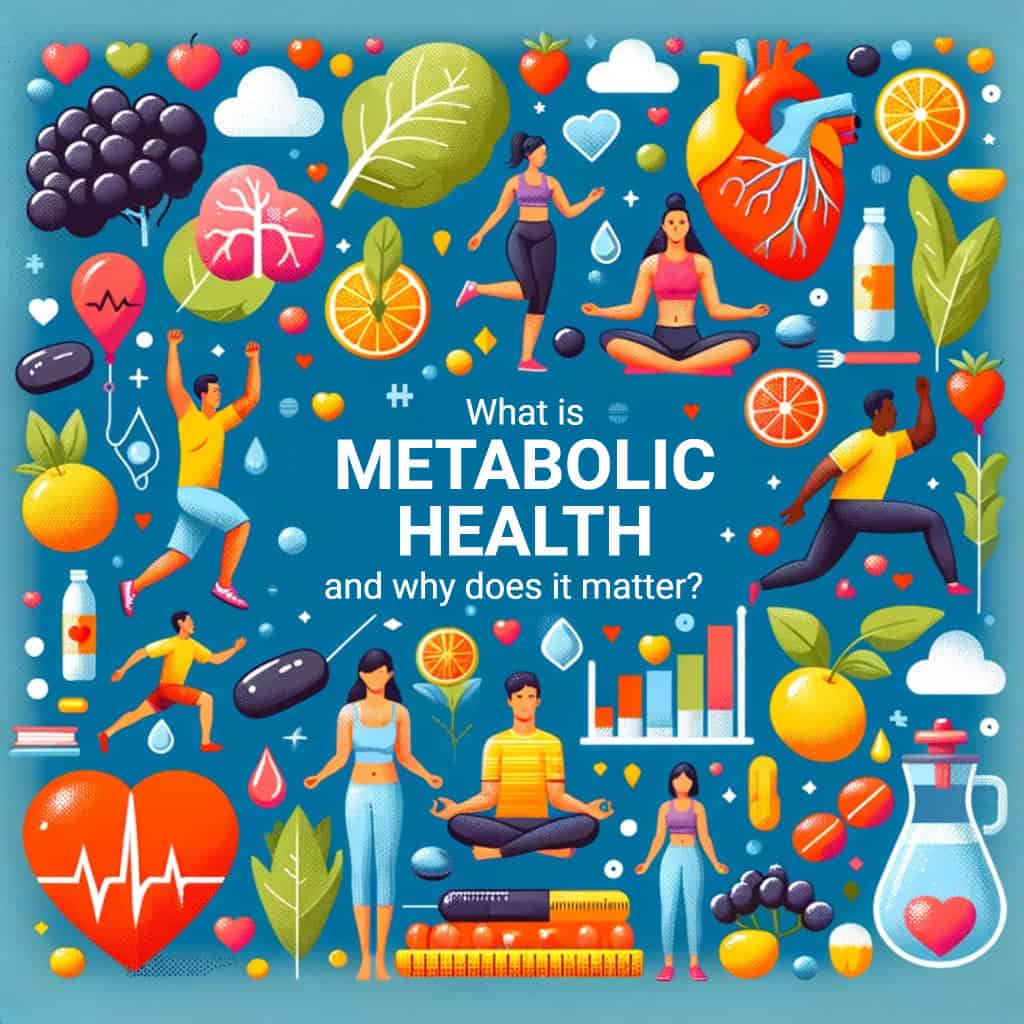Stress is Messing With Your Health
When you are dealing with stressful situations either at work or home, have you noticed excess weight can start to accumulate around your abdomen or other areas of your body?
Stress hormones could be the answer to why this happens, here are some of the reasons why stress is messing with your health. Stress has flow-on effects on sleep, glucose regulation, and the way your body stores fat and sugar.
Decreased Motivation for Physical Activity
- During stressful periods, people tend to dedicate less time to self-regulating practices such as exercise due to already being mentally exhausted, and therefore not being able to fathom the thought of physical exhaustion.
- Accompanying stress typically comes fatigue, poor sleeping habits, poor dietary habits, and lack of motivation for activities we would usually enjoy; all factors that negatively impact compliance and adherence to exercise.
- Physical activity can be utilised to manage stress levels due to its ability to decrease our stress hormones adrenaline (epinephrine) and cortisol, and stimulate the production of endorphins which function to decrease pain perception, reduce stress and anxiety, increase mood and pleasure, and manage our reward pathways.
- Endorphins are also known as endogenous opioids, which is why they are deemed responsible for the “runners high” experience. This is because specific areas of the brain (prefrontal and limbic/paralimbic) drive a short-lasting, deeply euphoric state following intense exercise.
Poor Sleep
- Stress up-regulates the release of hormones adrenaline (epinephrine) and cortisol. These hormones increase heart rate to pump blood to vital organs and muscles more efficiently to prepare our body for “fight or flight” to take immediate action to perceived danger.
- However, throughout human evolution, these perceived dangers have switched from running away from a dangerous animal to our modern world of an increased workload or relationship difficulties.
- These issues are not a threat to survival, but still trigger the same primal fight or flight response, usually for an increased period of time.
- Chronic stress causes our nervous system to maintain this heightened state of arousal, which can severely impact sleep quality and quantity.
- Heightened states of alertness can delay the onset of sleep, and cause anxiety and accompanying feelings of irritation, frustration and unease that further inhibit sleep initiation.
- When we are sleep deprived, energy intake increases due to changes in appetite-regulating hormones leptin, ghrelin, and glucagon-like peptide 1. These contribute to a decreased feeling of satiation after food consumption, and higher consumption of energy-dense foods and sugar-sweetened beverages in an effort to compensate for the sleep/energy deprivation experienced.
Glucose Dysregulation
- There is a strong correlation between stress and glucose levels, whereby stress interferes with carbohydrate metabolism and potentially leads to insulin resistance.
- Activating the sympathetic nervous system or “fight or flight” as previously discussed, and its accompanying stimulation of adrenaline (epinephrine) and cortisol which are glucocorticoids. Chronic stress drives nervous system dysregulation, which leads to excess production of glucocorticoids which leads to increased glucose and in the blood even in the absence of diabetes.
- Glucocorticoids impact on body weight via altering how we utilise energy, independent of how much we eat and physical activity, promoting lipid storage within adipocytes (fat cells). Not only does this excess lead to weight gain, but it also increases the risk of hypertension, depression, poor immune function, and insulin resistance.
Reward Signalling
- Dopamine release is increased in response to acute (short-term) stress exposure. Changes to dopamine levels in the brain promote reward-related neural activity, thereby enhancing cue to reward associations.
- The previously discussed glucocorticoid excess that accompanies stress which signals abdominal fat stores and insulin resistance, combined with increased dopamine which drives pleasurable and compulsive activities such as consuming foods high in sucrose and fat known as “comfort foods”, we can see how weight gain can be influenced by these reward pathways.
- This supports why studies continue to show a change in macronutrient composition during stressful periods, with a decrease in fruit and vegetable consumption, an increase in high fat and sugar foods, and heightened engagement in snacking behaviour throughout the day.
Is this you? Is stress taking over your life? Download my free Stress Management Tips now to start taking things down a few pegs.
Need help managing your weight? Book your free Discovery Call today to learn about my completely individualised wholefoods approach to health and wellness.








